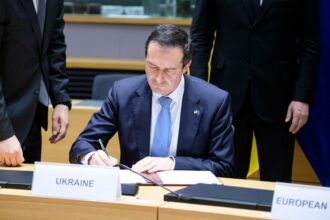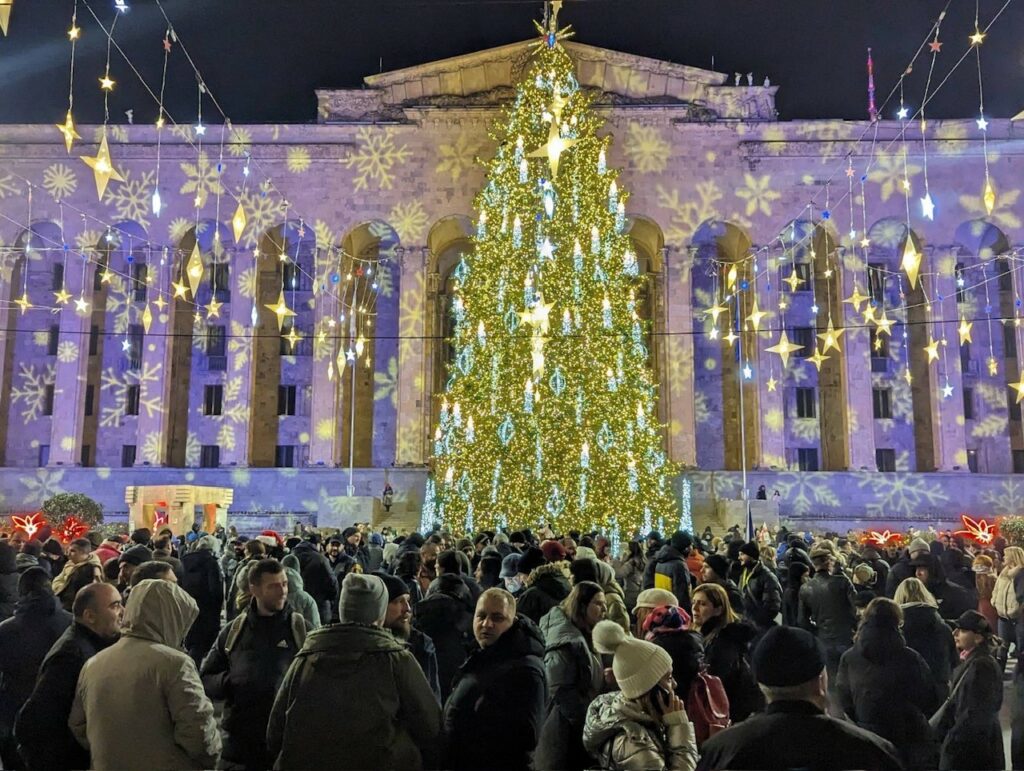Protests Continue in Georgia Amid Suspension of EU Accession Talks
The Georgian government’s decision to suspend EU accession talks until 2028 has led to continued protests across the country. The move is seen as a rejection of the legitimacy of the disputed results of the October 26 parliamentary elections.
Demonstrators have been demanding new elections and the release of all those detained during the protests. Despite brutal police repression, protesters are persisting in their demands.
On January 6, protesters gathered by the Georgian Public Broadcaster to protest against the suspension of live broadcasts with civil society representatives. They say that since December 30, the GPB has been refusing to air programs critical of the government.
The repressive actions of the ruling regime are drawing increasing criticism as more individuals report politically motivated dismissals. Eka Bakradze, a human resources officer at the Central Election Commission, claims she was unfairly dismissed because her family members are allegedly “affiliated with opposition forces.”
Protests have continued across Georgia despite the New Year festivities. Demonstrators have gathered in front of the Georgian Parliament, demanding the release of all those detained during the protests and calling for new elections.
President Salome Zurabishvili has reacted to the situation, saying that those who hoped the protests’ momentum would subside after the New Year’s were mistaken. She emphasized that failing to grasp the character, endurance, and determination “of your own people” is inexcusable.
Germany has imposed a ban on nine Georgian nationals, while the TI Georgia reports an alarming increase in violence against media in 2024.
The continued protests are seen as a constitutional crisis by many protesters, who view the current political situation as a threat to Georgia’s European future.




